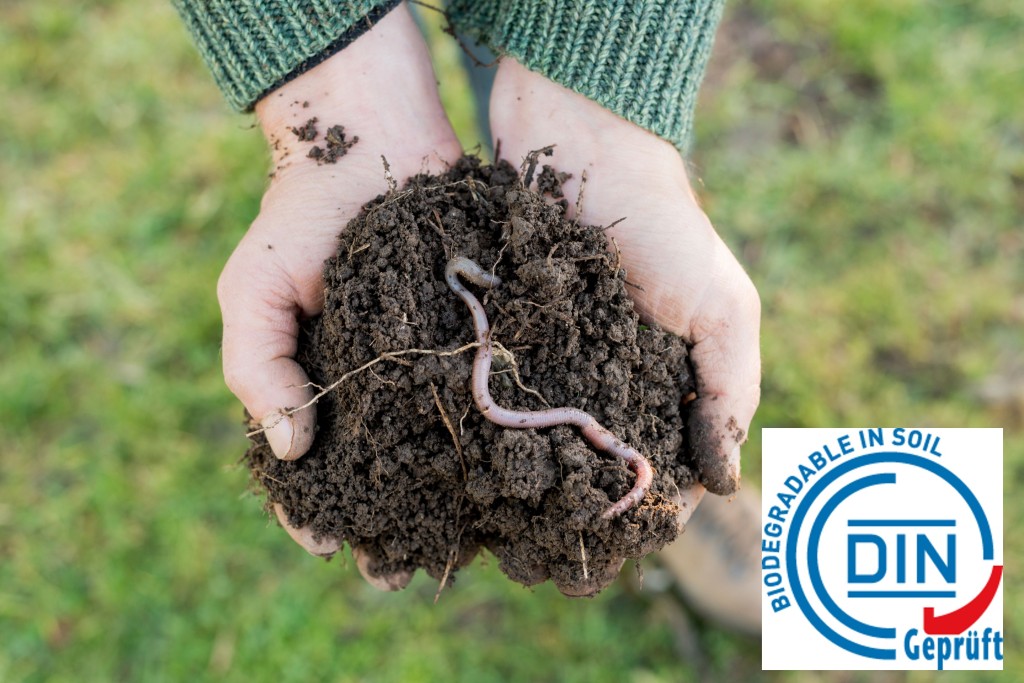Biodegradability
| 14.03.2025
What exactly is biodegradability?

Biodegradability is the ability of a material to be decomposed by microorganisms. More specifically, these microorganisms produce enzymes that can break down certain organic compounds. Whether a substance is biodegradable depends exclusively on its chemical structure. It doesn't matter whether a material is derived from fossil or renewable resources.
The products of the degradation process serve as a source of energy and nutrients for the microorganisms. The end products of biodegradation are carbon dioxide, water, mineral salts, and newly formed biomass (growth of the microorganisms). Biodegradability is determined in the laboratory under reproducible conditions. This involves measuring the amount of carbon dioxide produced to determine biological degradation in percentage terms.
The rate of degradation depends on many factors such as temperature, moisture, or oxygen concentration. The diversity of the microorganisms also plays a decisive role. For this reason, statements about biodegradability should always be made in relation to environmental conditions (e.g., in the soil) and timeframes. The DIN CERTCO logos "DIN-Tested Biodegradable in Soil" or "DIN-Tested Biodegradable in Marine Environments" can transparently demonstrate the ability of a product or material to biodegrade based on international standards.



